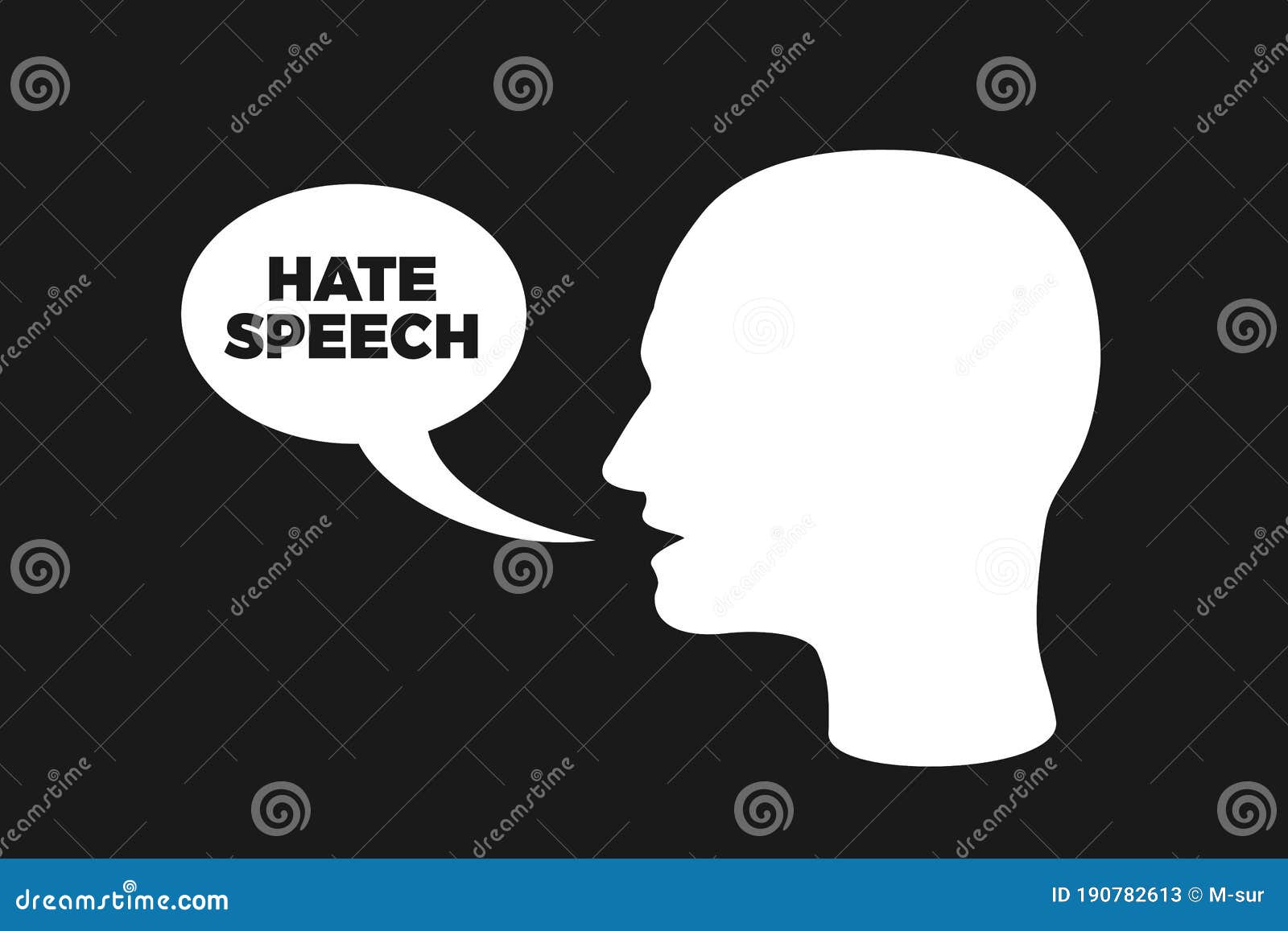White privilege and the black shield (op-ed)

In
2016 Ebony Magazine published an article that mentioned “black privilege”. “Black privilege” has no official definition,
but “white privilege” is defined as: Inherent advantages possessed by a white
person on the basis of their race in a society characterized by racial inequality. The article was called: Five bad habits
“woke” people need to break.
Number
two was: Forgetting to check our privilege.
First
the Ebony writer clarified, “We all know there’s no such thing as “black
privilege”, meaning there are no inherent advantages possessed by a black
person on the basis of their race in American society. This notion is similar to the doctrine that
black people can’t be racist because they don’t have the power to be racist. Holders of this doctrine define racism as
prejudice plus power. By transferring
this definition to “white privilege” what’s meant by the term becomes obvious,
the adjective “white” means prejudice and privilege means power. Of course, in this framework, there is no
such thing as “black privilege”, because the adjective “black” automatically
means underprivileged or powerlessness.
The
problem with this framework is equating privilege with negative aspects of
power.
Privilege simply means a special right granted
a person or particular group, which the Ebony writer acknowledged “woke” black
people possess, but need to check because these “privileges” are bestowed on
them by the white dominant culture. The
Ebony writer wrote, “There are types of privileges afforded to black people who
are male, cisgender, not poor, straight, light skin, thin, and able-bodied,
among others. Blackness interacts with,
but does not cancel out, those privileges.”
Last
month, University of Central Florida Professor Charles Negy, author of White
Shaming: Bullying Based on Prejudice, Virtue-Signaling, and Ignorance, made a
series of tweets that questioned the reality of systemic racism and said “black
privilege” existed.
Negy
tweeted: Black privilege is real, besides affirmative action, special
scholarships, and other set asides.
Being shielded from legitimate criticism is a privilege. But as a group, they’re missing out on much
needed feedback.”
Of
course, Negy’s entire premise is debatable, but there was no rebuttal.
Instead,
students immediately organized a protest on campus and demanded for the
university to fire the professor for his controversial comments. Protesters held signs that read: If UCF keeps
racist teacher, then UCF=Racist, UCF fire Negy, he is leaving a negative impact
on your institution, and Don’t let racist teach. One graduate student said, “It’s a matter of
systemic racism … You can speak your opinions, but not when it’s hindering us
in the classroom. I don’t think our
university should tolerate racism at the classroom level, making students
uncomfortable.”
So,
the professor should be fired for the comfort of the students? Negy said being shielded from criticism is a
privilege, but so is being shielded from what makes one uncomfortable. In his own defense Negy stated he was not a racist,
but there was no way he could be brutally honest about each racial/cultural
group without offending someone.
The
University officials said, “Being actively anti-racist means calling out and
confronting racist comments. We are
aware of Charles Negy’s recent personal Twitter posts, which are completely
counter to UCF’s values. We are
reviewing this matter, while mindful of the first amendment.”
If
Professor Negy gets fired, he should tweet: UCF’s anti-racist values = The
black shield.
First
published in New Pittsburgh Courier 7/22/2020


Comments
Post a Comment